How this Choir adopted Blended Learning
29 Sep 2020
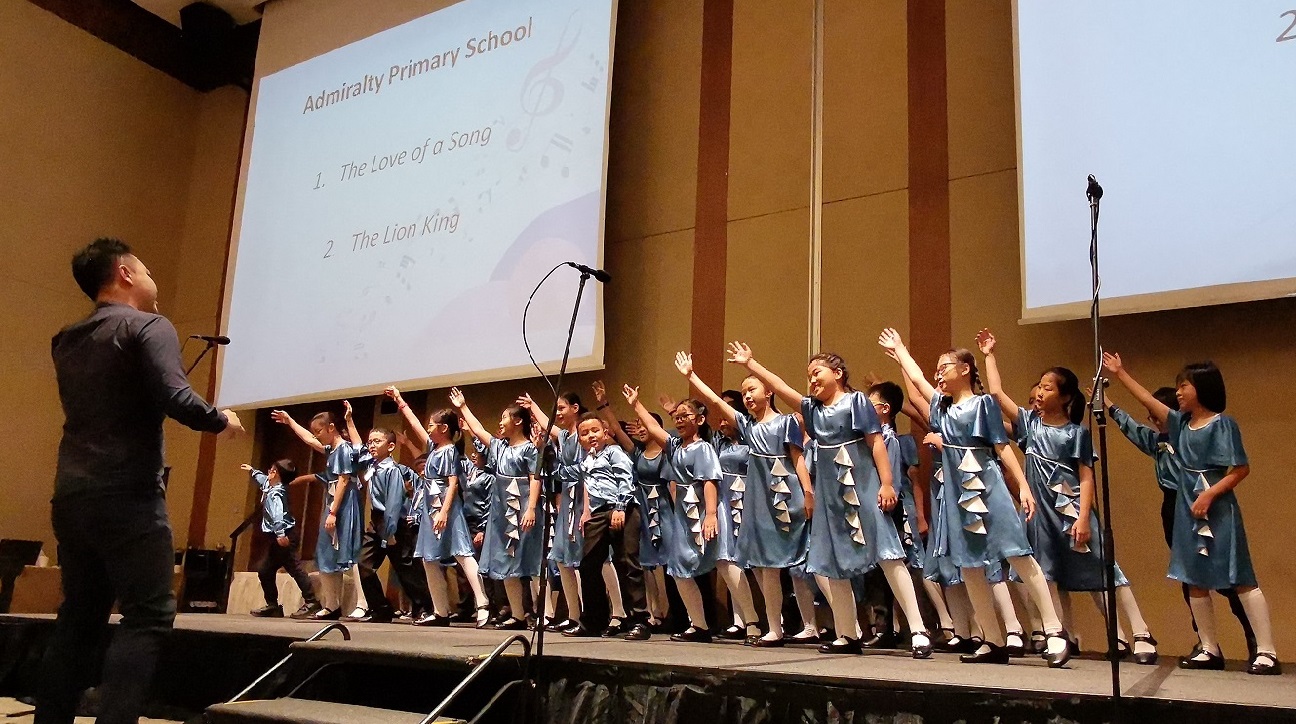
Covid-19 may have halted many choirs to cease rehearsing, but not for Admiralty Primary School. Grace Chia finds out how the school’s Choir has innovated its CCA curriculum to go online as a way to continue the school’s holistic education.
Globally, choral singing groups have taken a hit since the pandemic gained momentum, with many facing closures and indefinite futures. In fact, the entire landscape of the performing arts, which usually requires a gathering of crowds in enclosed spaces, has been deeply affected. At Admiralty Primary School, their Choir—a visual and performing arts CCA—swiftly adopted the online format in June, right after the school break in May.
The Choir is led by Ms Karen Koon Wai Hang, who specialises in teaching Music in the school. A teacher at Admiralty Primary since 2010, she plays the piano and previously oversaw the Guitar Ensemble CCA. She says the Choir was in the thick of preparing for the Singapore Youth Festival 2020 when the school year started. “Our Choir was still going to School Of The Arts for rehearsals. But once the circuit breaker period started, we had to suspend all choir activities.
“However, the school’s directive was that students should continue with their CCAs and not focus only on academics. So once MOE gave the guidelines for conducting certain CCAs online, and with teachers being more accustomed to online platforms due to Home-based Learning, we decided to transition the Choir to an eCCA using blended learning.”
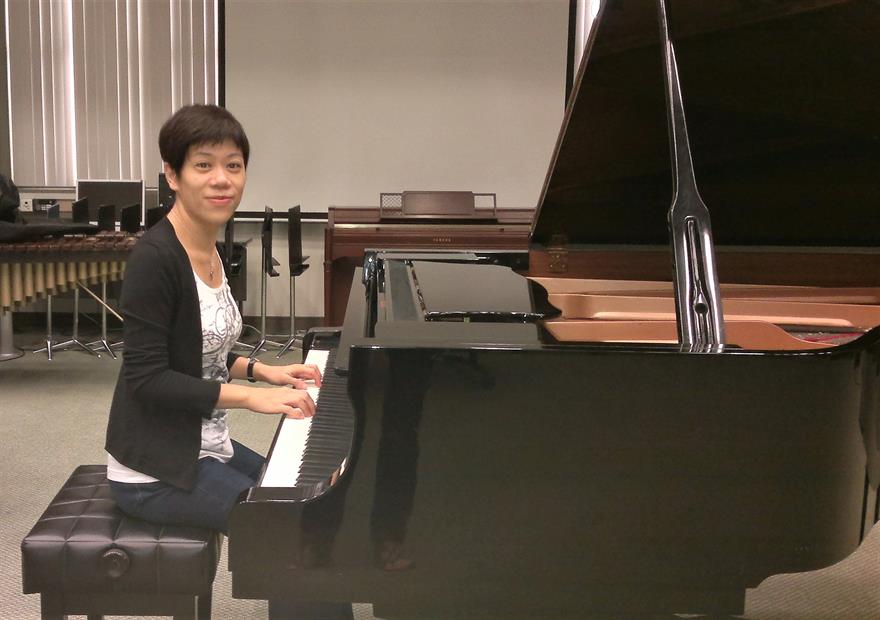
Photo of Ms Karen Koon, teacher-in-charge of the Choir
Together with Mr Marcus Lee, the schools’s choral conductor, Ms Koon converted the CCA session to a blend of synchronous and asynchronous learning. This means students get to interact with Mr Lee on Zoom during synchronous sessions and have individual singing lessons, while viewing pre-recorded lessons or doing choir-related activities during asynchronous sessions.
There are benefits to both formats, Ms Koon says. “Mr Lee will prepare lesson plans for the teachers to vet. This includes the types of learning activities or games and videos planned for the students. To monitor our students’ progress, we ask them to submit video recordings of their singing via Google Classroom.”
While this leads to more work for the preparation of online materials and to critique each video submitted, the online format has provided the opportunity to develop students’ crucial music skills that can sometimes be neglected during normal choir practice. Through the individual recordings, each student receives specific and individual feedback so that they can produce their best work.
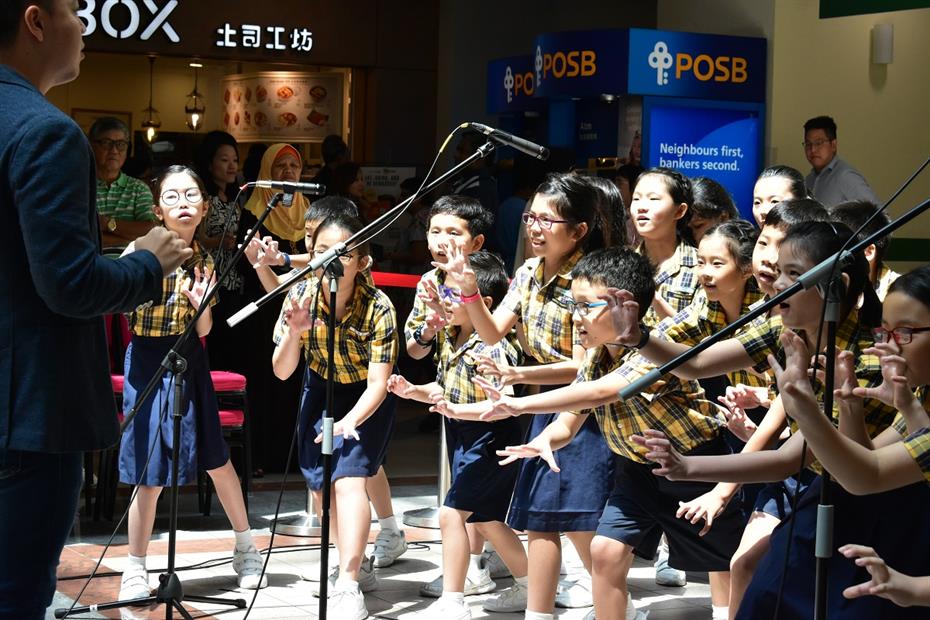
The choir performing for Tan Tock Seng Hospital’s event, Art of Healing, in 2019
With 41 students in the Choir, the 2-hour weekly eCCA lesson has been split into an hour’s session for the sopranos and another hour for the altos. This takes into account MOE’s guidelines to limit screen time for students to two hours per CCA per week. She explains what an online session involves. “Mr Lee usually starts with singing warm-ups. He will use different interactive platforms like Kahoot or a music software to engage the students. Sometimes, videos are shown, such as those for students to sing along or explain the diaphragm, which is a vocal instrument.
“Unfortunately, because the format is not face-to-face, he cannot focus on singing techniques like voice projection, but the online format allows him instead to delve on music theories such as rhythm and note values. Also, attendance for CCAs are not mandatory, unlike for school, so sometimes only half the Choir turns up online. This could be due to the fact that parents have to help their children log on to the computer or fix technical issues and are unable to do so for every eCCA session.”
In future, Ms Koon thinks a blend of online and onsite format can still work. “Even though CCAs have started to resume to the physical format in September, choral singing is still an exception. We may continue to have a blend of both online and onsite lessons. The main thing is to continue to engage our students in what they learn in school.”
*This is a series of articles on eCCAs being conducted in MOE schools. Click here for:
Greendale Primary School’s Chess Club | Bedok Green Secondary School’s Environment Club | St. Margaret’s Secondary School’s Debate Club

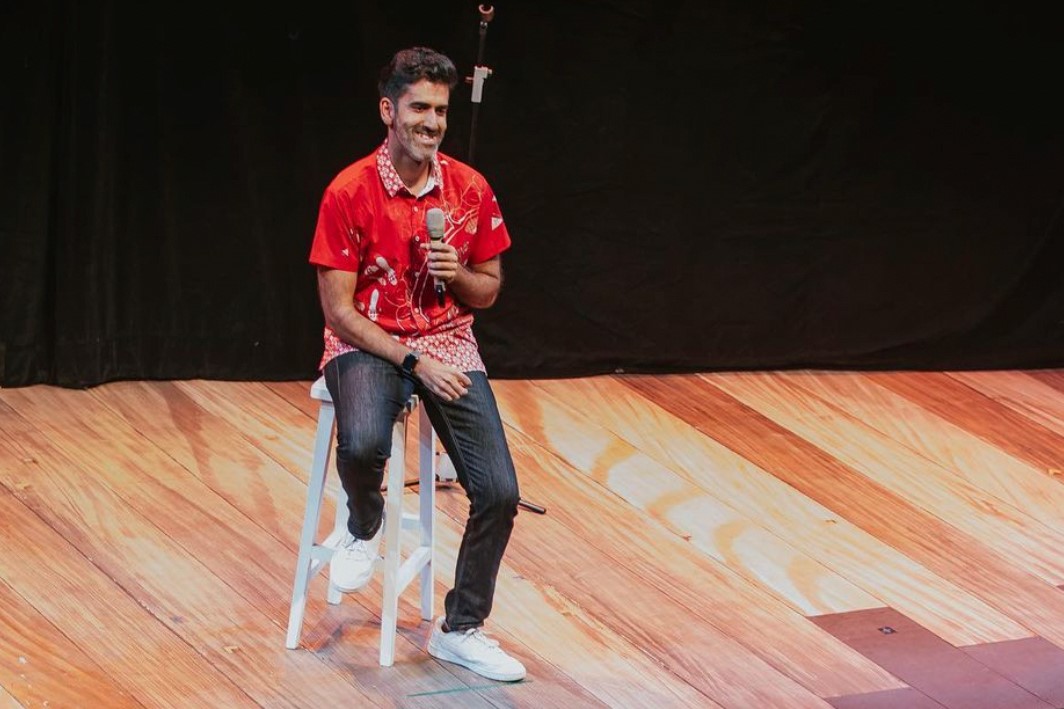
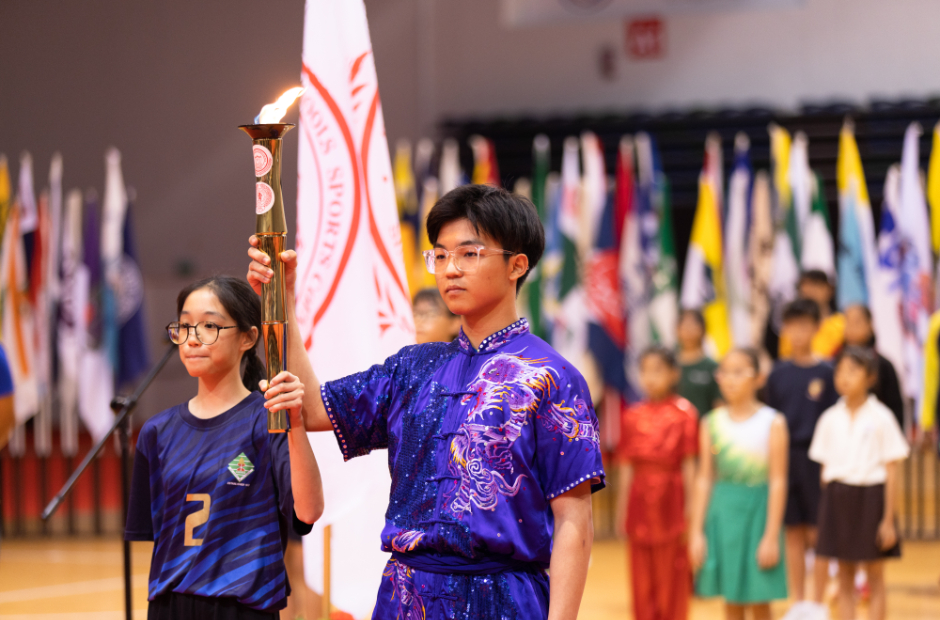
.jpg)
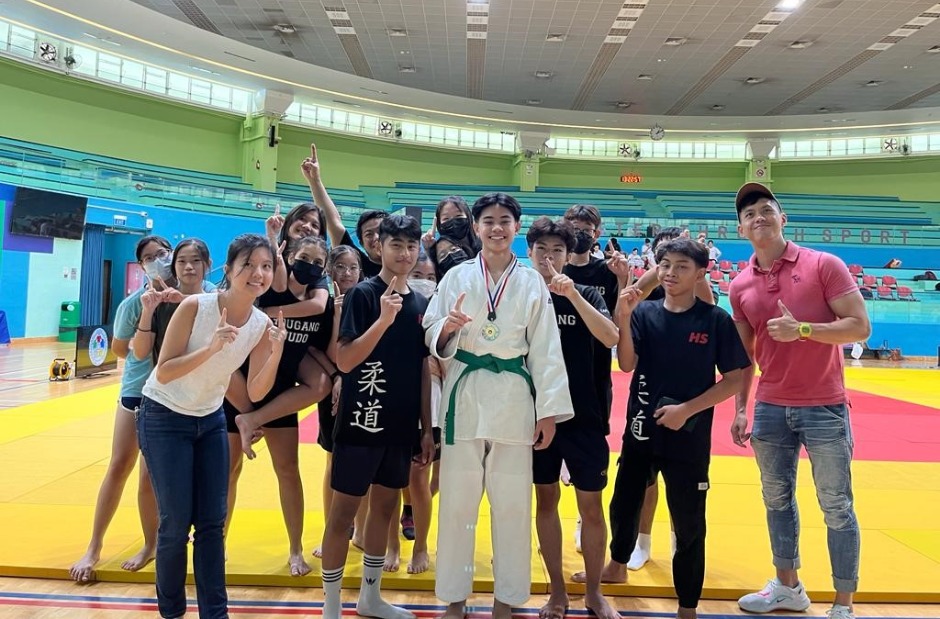
.jpg)